Category: State
-
Springer defeats Luther in runoff in Texas State Senate district
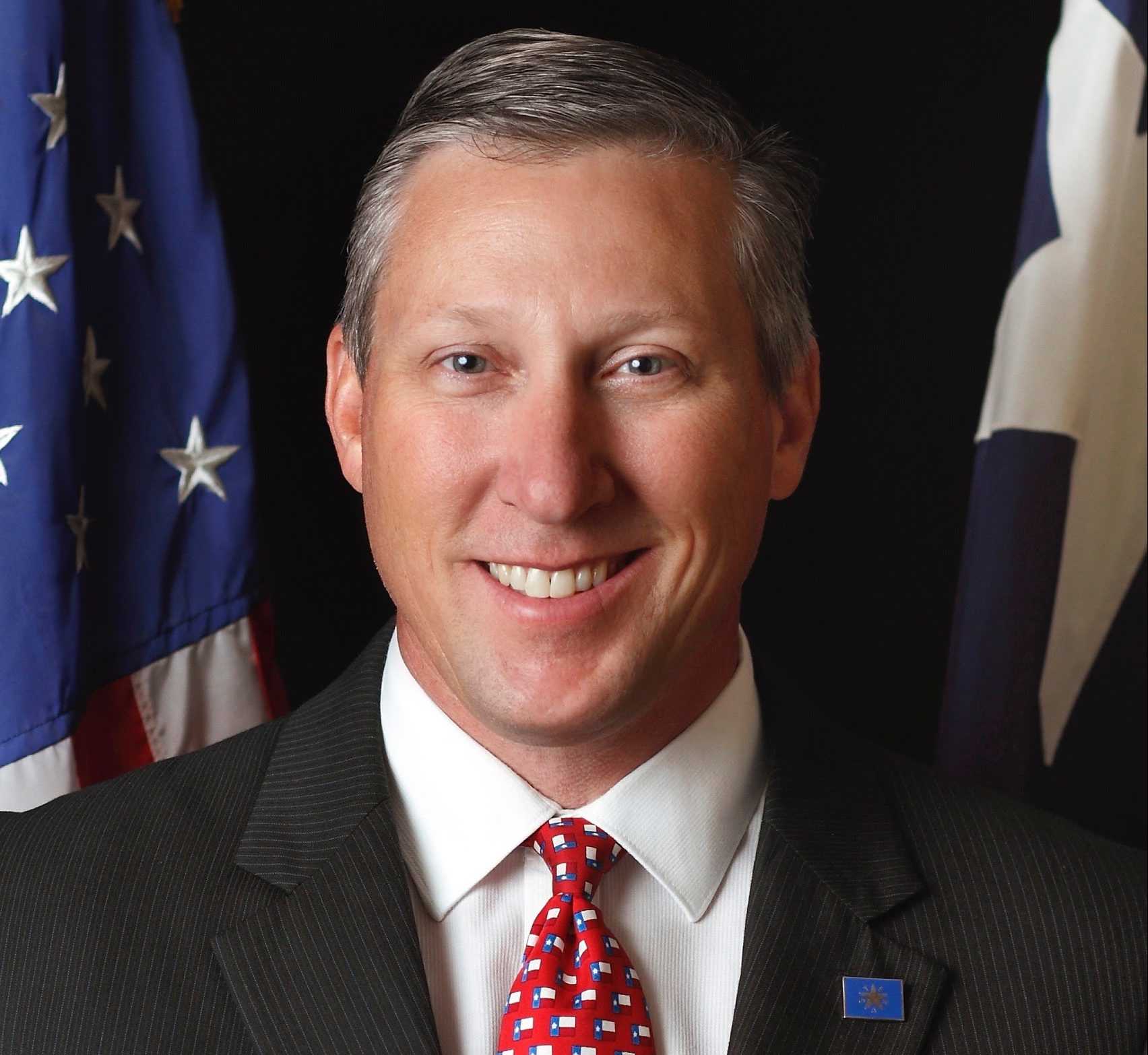
Drew Springer (R) defeated Shelley Luther (R) in the special general runoff election in Texas State Senate District 30 on December 19, earning 56.5% of the vote. The general election took place on September 29. As no candidate earned more than 50% of the vote in the general election, the top two finishers advanced to…
-
Republicans pick up two seats on North Carolina Supreme Court
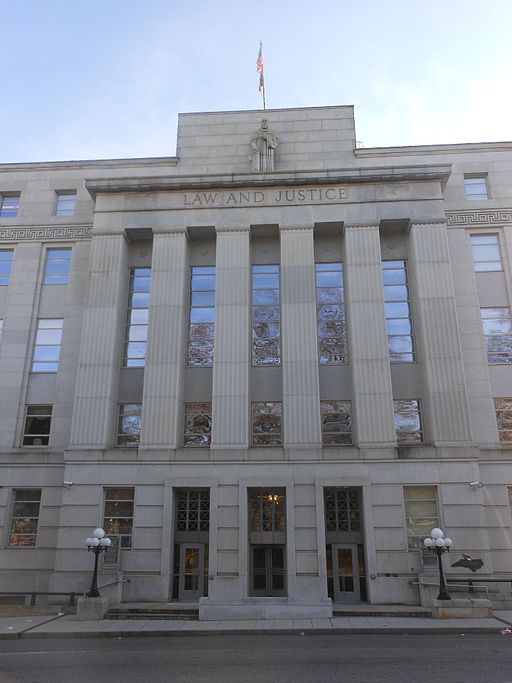
The results of the 2020 election affected the partisan composition of the North Carolina Supreme Court. Going into the election, Democrats had a 6-1 majority on the court. Republicans held one seat and picked up two net seats, giving Democrats a 4-3 majority. Paul Martin Newby (R) defeated Cheri Beasley (D) in the partisan November…
-
Florida Administrative Commission appoints new chief administrative law judge
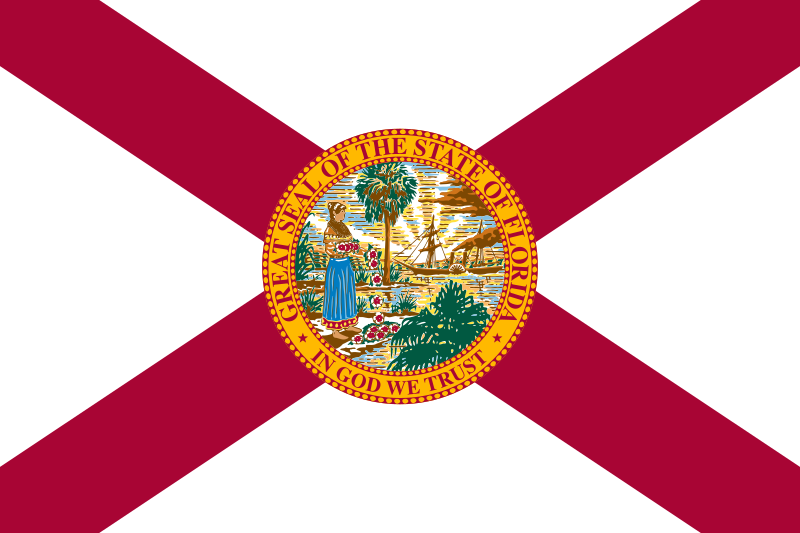
On December 15, the Florida Administrative Commission, composed of the governor and cabinet, appointed Pete Antonacci to serve as chief administrative law judge (ALJ) of the Florida Division of Administrative Hearings (DOAH). As chief administrative law judge, Antonacci will manage 31 administrative law judges within the DOAH as they oversee challenges to state agency rules. …
-
Three state legislators switch parties in December
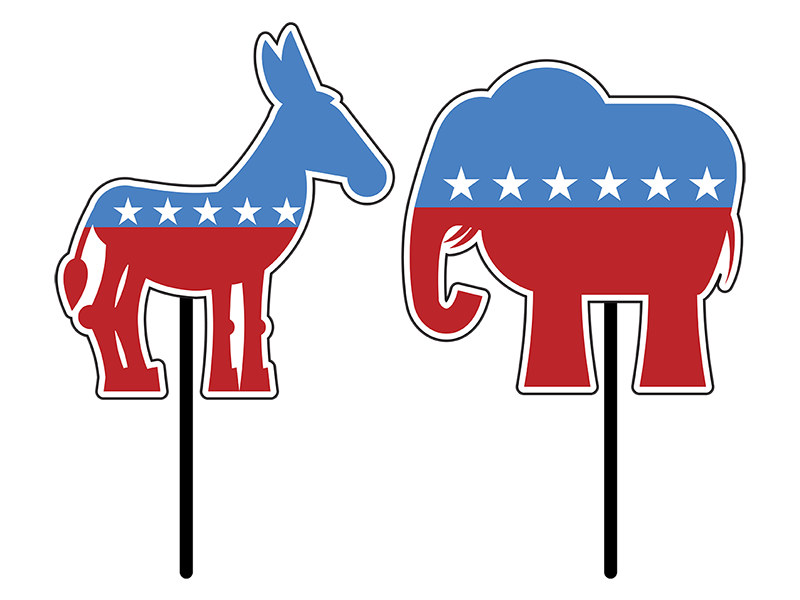
Ballotpedia has identified three state legislators who switched their party affiliation in December. One switched from Democrat to independent, one from Republican to Libertarian, and one from Democrat to Republican. • On Dec. 7, Georgia Rep. Valencia Stovall announced that she was leaving the Democratic Party to join the Independent party. In a Facebook post,…
-
Maine State Senate District 14 special election set for Mar 9, 2021
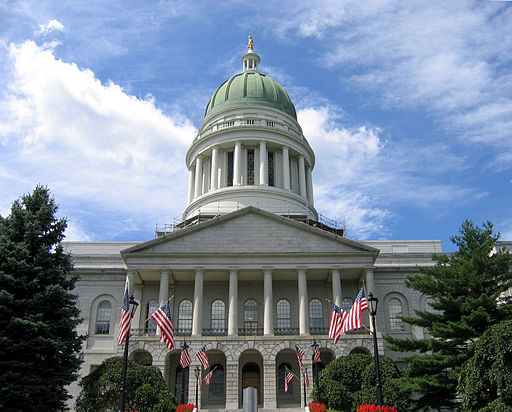
Election officials have scheduled a special election for the District 14 seat in the Maine State Senate on March 9, 2021. The seat became vacant on December 2 after the state legislature elected Shenna Bellows (D) secretary of state. There is no primary, and the filing deadline is on January 8.
-
Melissa Standridge sworn in as Kansas Supreme Court justice
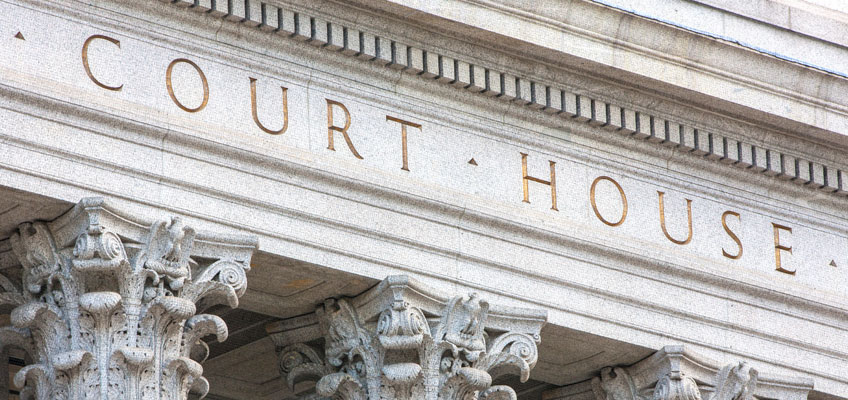
Melissa Standridge was sworn in on Dec. 14 as a justice on the Kansas Supreme Court. Gov. Laura Kelly (D) appointed Standridge on Nov. 30 to succeed Justice Carol Beier, who retired on Sept. 18. Standridge was Gov. Kelly’s third nominee to the seven-member supreme court. Under Kansas law, the governor selects a supreme court…
-
Incumbent governors had a 100% re-election rate in 2020
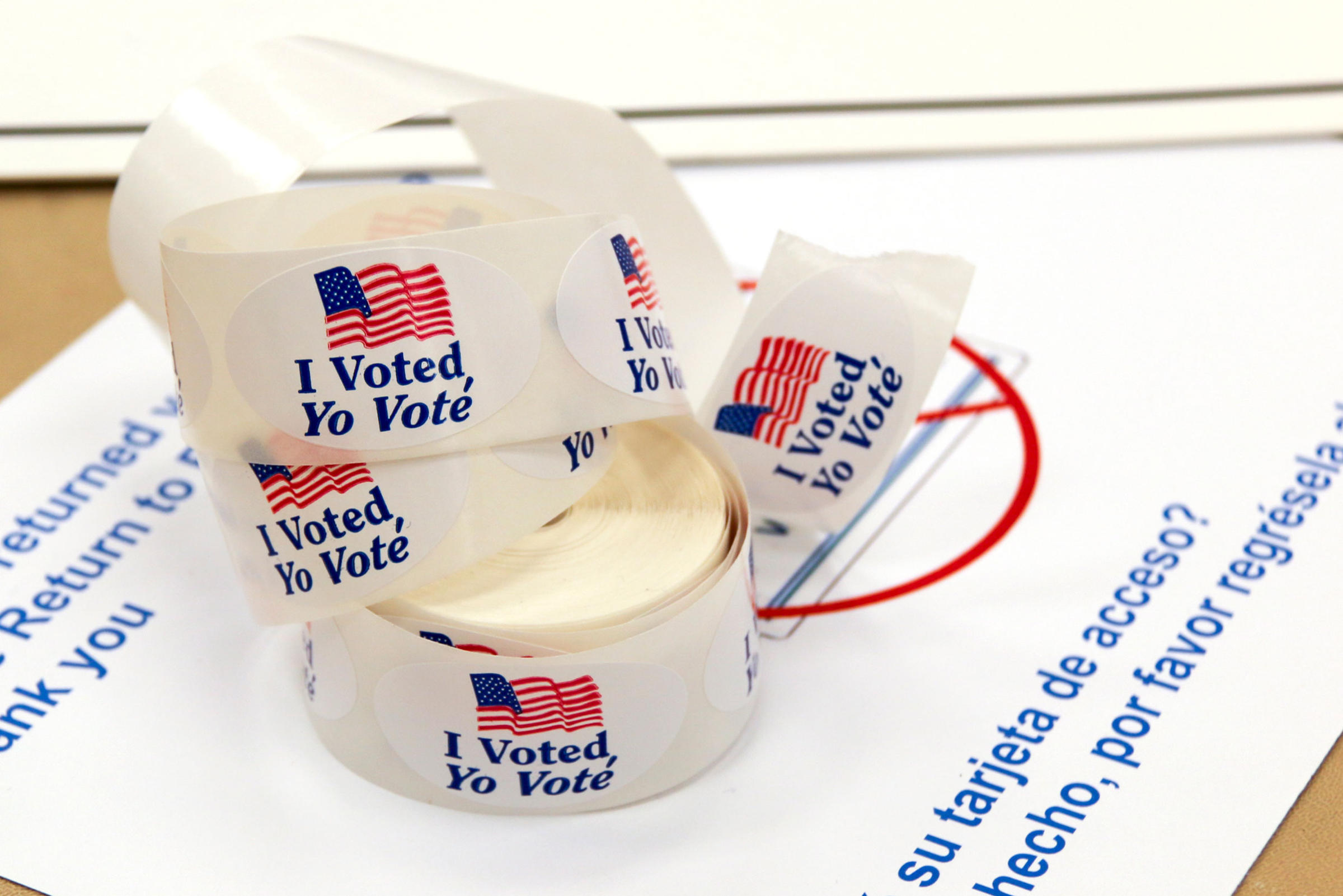
Eleven states held elections for governor this year, including nine where the incumbent ran for re-election. All nine governors up for re-election won another term this year. Republicans had greater partisan risk in 2020; the eleven states electing a governor included seven with Republican governors and four with Democratic governors. Republicans won eight of those…
-
Kansas governor announces appointment of new lieutenant governor after current LG becomes treasurer
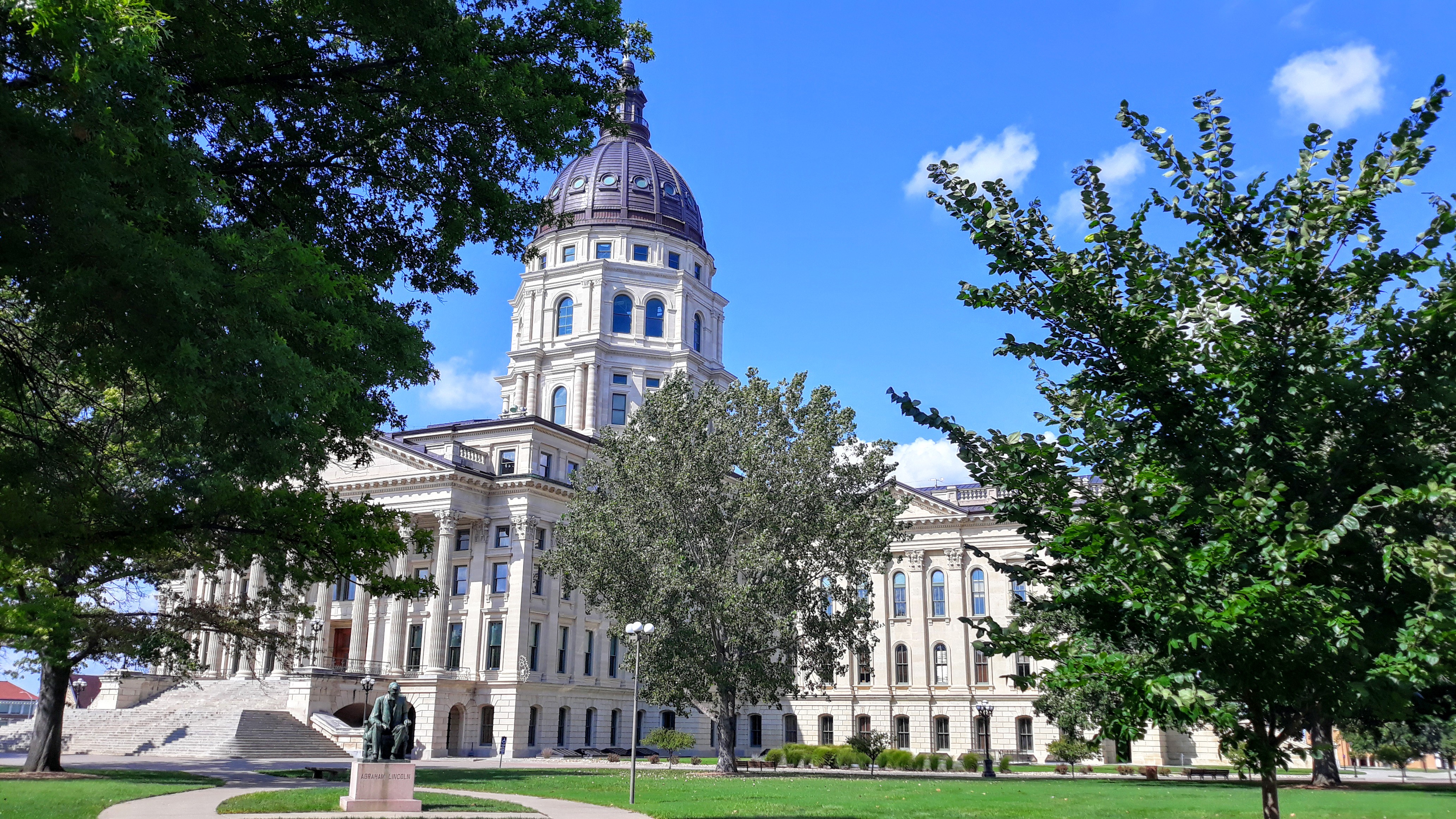
Kansas Gov. Laura Kelly (D) announced on Dec. 14 that she would appoint David Toland to the position of lieutenant governor to fill the vacancy created by her appointment of Lt. Gov. Lynn Rogers (D) as state treasurer. Toland will take office after Rogers is sworn in as treasurer on Jan. 2, 2021. Toland is…

